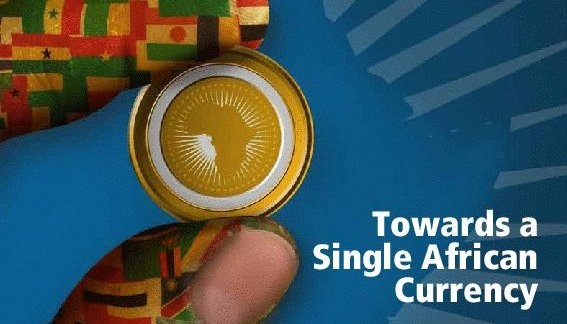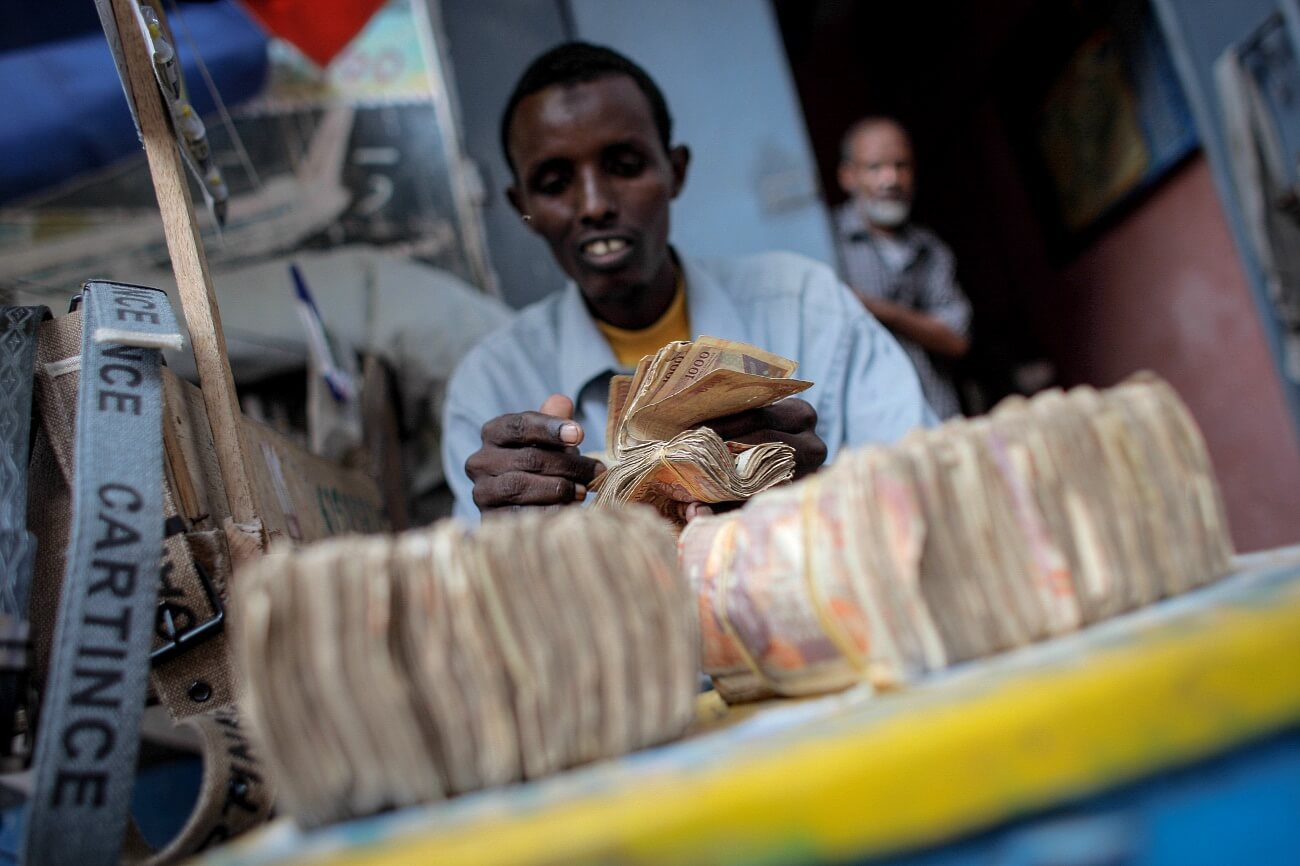In 2015, African Union Commissioner for Economic Affairs, Anthony Maruping, said the Union was mooting the idea to adopt a single continental currency as part of the Agenda 2063 road map. The idea of the single currency was initially proposed by the late Libyan leader Muammar Gaddafi, who envisaged a unified Africa with single currency, single military force and single passport. His proposal was turned down by other African countries. The aim of this initiative is to enhance integration across African borders.
A white-elephant embarkation or the real deal ?
Here are some of the advantages put forth:
The decision to support this motion, which has been courted at the African Union for a long time now is borne out of efforts to create more stable and uniform economies across the whole of Africa. Asides economics, it can also be a source for political unity.
A single currency will eliminate restrictions to trade such as fluctuating exchange rates. With a similar currency, trade would boom among African countries and this would enable growth especially when African countries can now support each other in production. This would support risk sharing and diversification.
With a single currency comes a single authority. The African Monetary Union will govern the monetary institution. The African Central bank will be created to this effect. This also means that African governments can now borrow from the bank. Due to common interests, loans will be secured at lesser interest rates and clauses, especially when compared to what these countries might face in the hands of World Bank or International Monetary Fund (IMF).
A single African currency would enhance price transparency, facilitate international trade and also enable African economies to be less susceptible to economic shocks that can arise from fluctuation in prices of major foreign exchange goods. It also gives Africa more political power in world politics.

Devaluation of Currency
With a unified currency, devaluation becomes difficult and sometimes impossible. When certain countries undergo recession and become economically deficient, it is a policy to devalue its currency so that foreign investors will be more willing to invest in those countries due to the reduced cost of transaction. However, in a case where certain countries are experiencing a boom or stability and a few other countries are undergoing recession, it becomes difficult to devalue the currency for those country. This might further plunge the affected countries into debt as they try to resuscitate their economy.
Cons
The cost of transition stands as one of the hindrances to the implementation of the unified African currency; the cost of aligning the financial systems of African countries as well as the need to create an African central bank and print new currencies. The sheer size of the African Union would make it difficult to manage. The Eurozone which is the major example that currently exists anywhere in the world has only 19 members. With a potential 50 countries being part of the new monetary union, management becomes even more tasking.
A second problem is the unity of purpose. A joint African currency might not work since African countries are yet to agree on simple policies like migration, democracy, how much more financial issues. Creating a more unified African Union would go a long way in creating a unifying currency.
Another point is the strength of the financial systems of African countries. The success of a joint financial system relies on the economic performance of the part countries. One can find an example in Greece and EU. This will be a problem as most African countries are not doing well and this will have policy indications because rather than make general policies for the countries they will have to make many exceptions, which defeats the purpose of the union. Also, a unified currency managed by an African Monetary Union, might reduce the incentive for nation states to implement structural reforms and fiscal responsibility. This might in the end, give a false sense of security to the countries.
Countries may experience crisis at one time or the other. In the case of a unified currency, it might make it more difficult to manage, compared to nation-states. Examples of monetary unions that disintegrated in the face of crisis are 19th-century Scandinavian Monetary Union (made up of Sweden, Denmark and Norway) and the Latin Monetary Union (France, Italy, Belgium, Switzerland and eventually, Greece)
In the end, it becomes apparent that the African Union has to pay attention to fundamental problems first (conflicts, uneven wealth distribution, low intra-African trade, low diversification in the economy, bad governance etc.) in order to implement a successful common currency; as these problems would pose a severe threat on the new currency due to spill-over effects. This may endanger sustainable development and therefore threaten the welfare of the continent.
[Header image]– Photographer: Will Boase/Bloomberg

